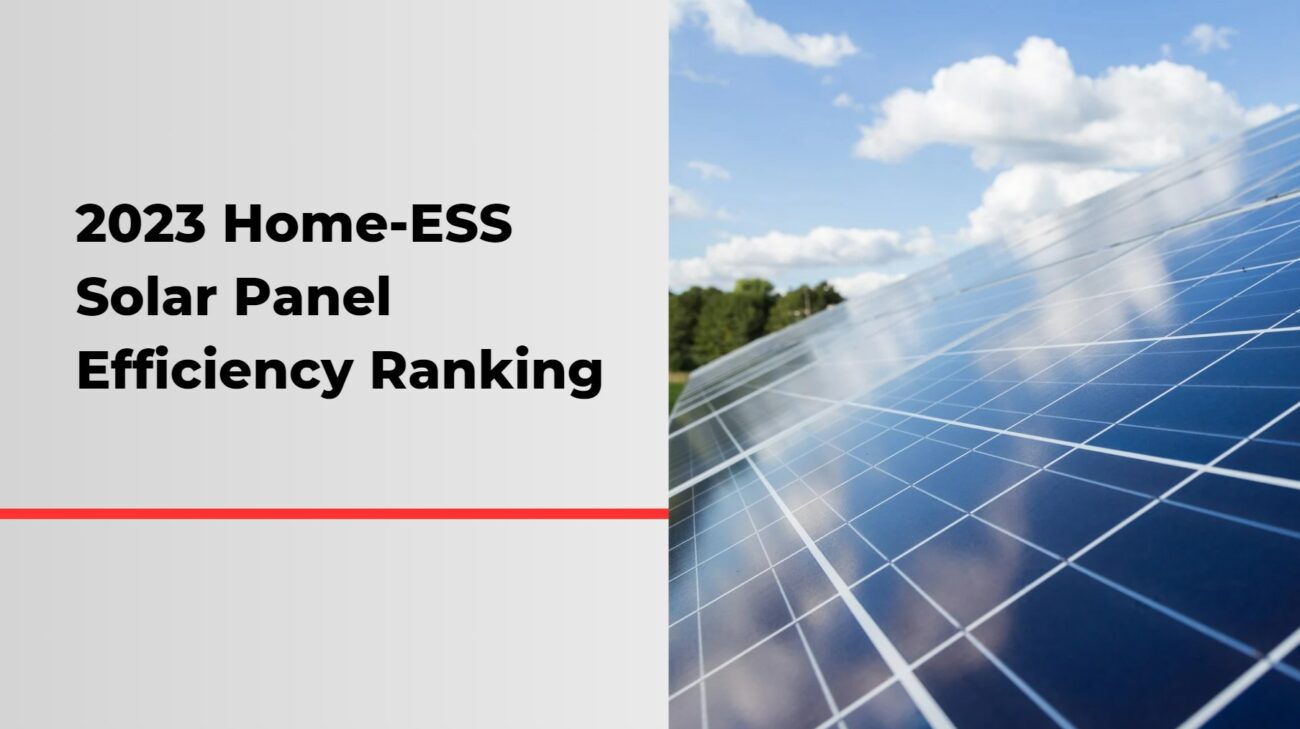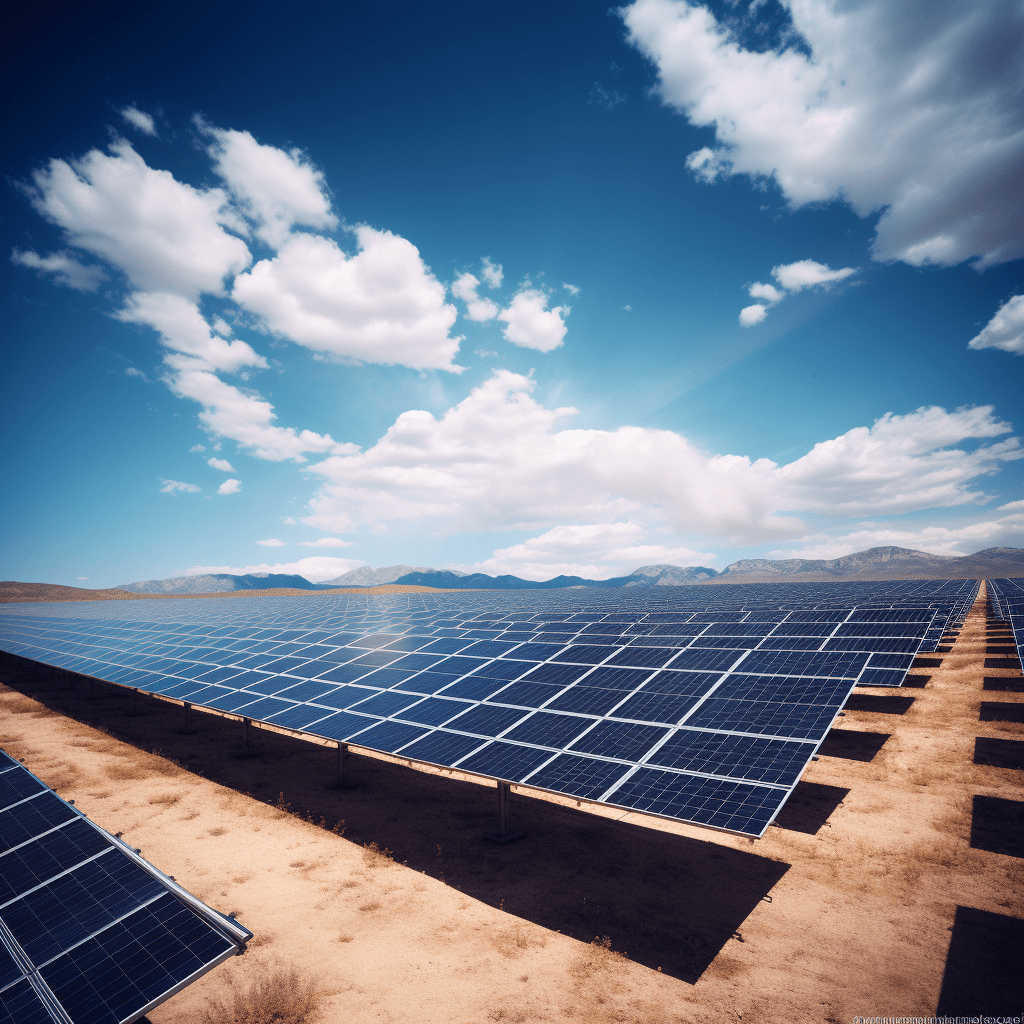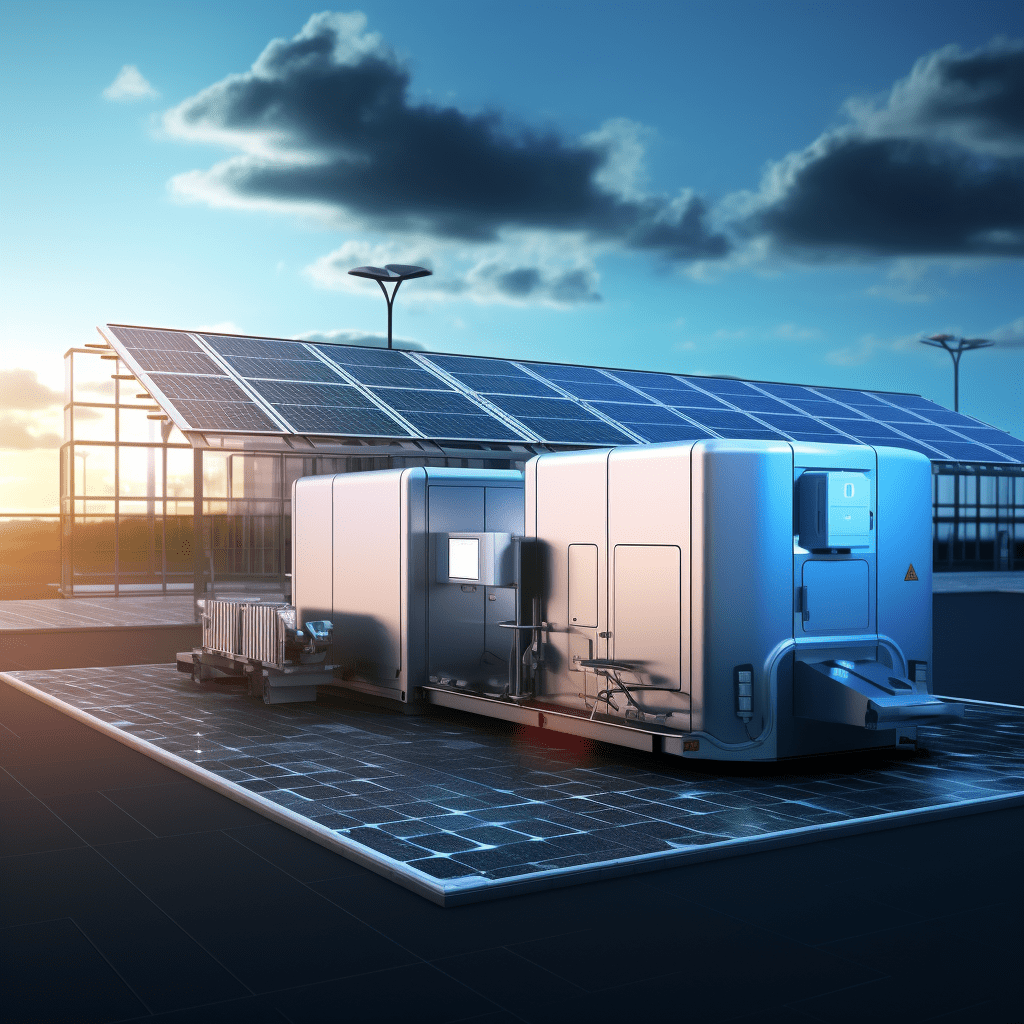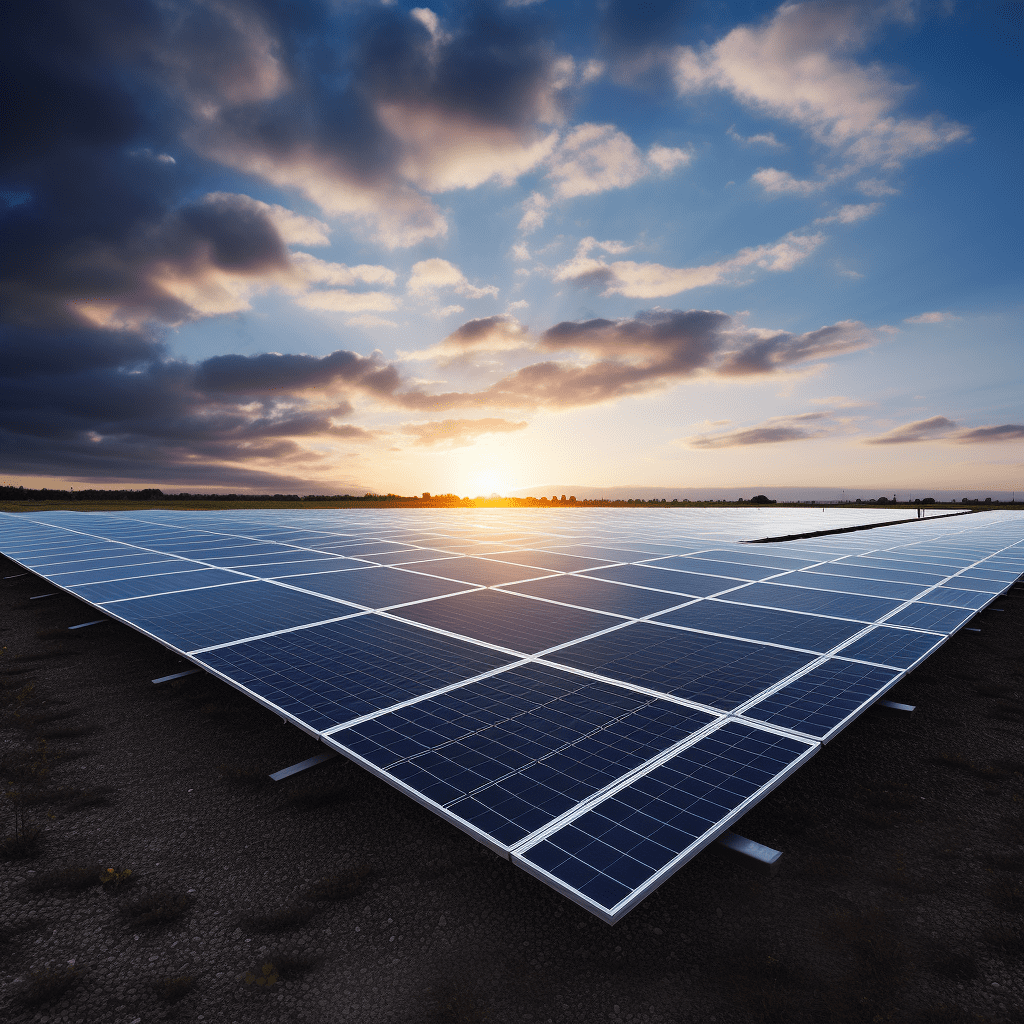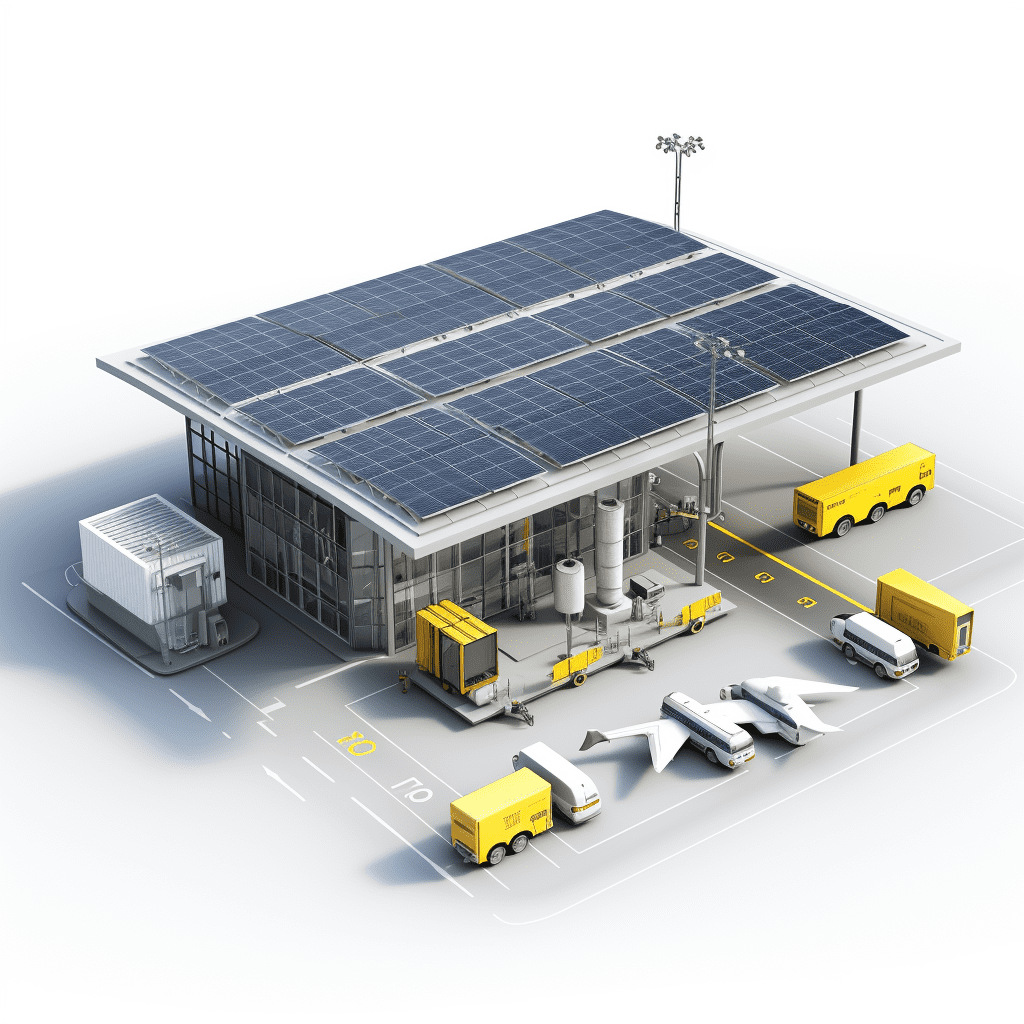High-voltage battery systems significantly enhance solar power storage capabilities for homes by improving efficiency and energy management. These systems allow homeowners to store more energy generated from solar panels, providing reliable power during outages and reducing reliance on the grid. Understanding how these systems work can help homeowners make informed decisions about their energy storage needs.
What is a high-voltage battery system and how does it work?
A high-voltage battery system typically operates at voltages above 100V, allowing for increased energy density and reduced current flow. This design minimizes energy loss during transmission, making it more efficient than lower voltage systems. High-voltage batteries are often used in conjunction with solar energy systems, where they store excess energy generated during peak sunlight hours for later use.High Voltage Battery Overview
| Feature | Description |
|---|---|
| Voltage Range | Typically above 100V |
| Energy Density | Higher than low-voltage batteries |
| Efficiency | Reduced losses during transmission |
How does high voltage improve solar energy storage efficiency?
High-voltage systems enhance solar energy storage efficiency by allowing for lower current levels while maintaining the same power output. According to the formula P=V×I (Power = Voltage x Current), higher voltage results in lower current, which reduces resistive losses in cables and improves overall system performance. This efficiency translates into better utilization of stored energy.Efficiency Comparison Chart
| Voltage Type | Current (A) at 500W | Losses (%) |
|---|---|---|
| High Voltage (400V) | 1.25 | ~2% |
| Low Voltage (48V) | 10.42 | ~10% |
What are the advantages of using high-voltage battery systems for residential applications?
High-voltage battery systems offer several advantages for residential use:
- Increased Efficiency: Higher voltage reduces losses, maximizing usable energy.
- Longer Lifespan: Lower current reduces heat generation, leading to less wear on components.
- Space Savings: Higher capacity in a smaller footprint compared to low-voltage options.
- Cost Savings: Reduced wiring costs due to lower current requirements.
Advantages Overview
| Advantage | Description |
|---|---|
| Increased Efficiency | Maximizes usable stored energy |
| Longer Lifespan | Reduces wear on components |
| Space Savings | More capacity in less space |
| Cost Savings | Lower installation and material costs |
What factors should homeowners consider when choosing a high-voltage battery system?
When selecting a high-voltage battery system, homeowners should consider:
- Capacity Needs: Assess how much energy will be stored and used.
- Compatibility with Existing Systems: Ensure it integrates well with current solar setups.
- Installation Requirements: Evaluate space and electrical panel compatibility.
- Cost vs. Benefit Analysis: Weigh upfront costs against potential savings over time.
Selection Considerations
| Factor | Consideration |
|---|---|
| Capacity Needs | Match with expected usage |
| Compatibility | Ensure it works with existing systems |
| Installation Requirements | Assess space and electrical compatibility |
| Cost Analysis | Evaluate initial investment vs savings |
What applications are best suited for high-voltage battery systems?
High-voltage battery systems are particularly well-suited for:
- Residential Solar Energy Storage: Storing excess solar power for later use.
- Electric Vehicles (EVs): Providing efficient power storage solutions.
- Commercial Energy Management: Supporting businesses in managing peak demand loads.
- Grid Support Applications: Enhancing grid stability by storing and supplying power as needed.
Applications Overview
| Application | Description |
|---|---|
| Residential Solar | Stores excess solar power |
| Electric Vehicles | Efficient power storage solutions |
| Commercial Management | Manages peak demand loads |
| Grid Support | Stabilizes grid supply |
Industrial News
The market for high-voltage battery systems is expanding rapidly as more homeowners adopt solar energy solutions. Recent advancements in lithium-ion technology have led to improved efficiency, longer lifespans, and reduced costs, making these systems more accessible than ever. As demand grows, manufacturers are focusing on developing innovative products that enhance performance while meeting sustainability goals.
Redway Expert Views
High-voltage battery systems represent a significant advancement in energy storage technology,” states an expert from Redway Power Solutions. “They provide homeowners with enhanced efficiency and reliability, making them an excellent choice for modern residential energy needs.” As the industry evolves, understanding these technologies will be crucial for consumers looking to optimize their energy management strategies.
Frequently Asked Questions
- What is a high-voltage battery system?
A high-voltage battery system operates at voltages above 100V, allowing for increased efficiency and reduced current losses. - What benefits do these systems provide?
They offer higher efficiency, longer lifespan, space savings, and cost reductions compared to low-voltage options. - What applications can benefit from high-voltage batteries?
They are ideal for residential solar storage, electric vehicles, commercial management, and grid support applications. - How do I choose the right system?
Consider your capacity needs, compatibility with existing setups, installation requirements, and perform a cost-benefit analysis. - Are there specific brands known for quality high-voltage batteries?
Yes, brands like Tesla, LG Chem, and BYD are recognized for their reliable high-voltage battery solutions suitable for various applications.


